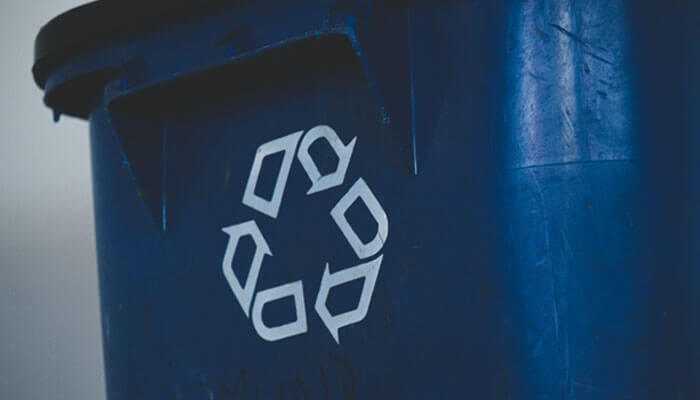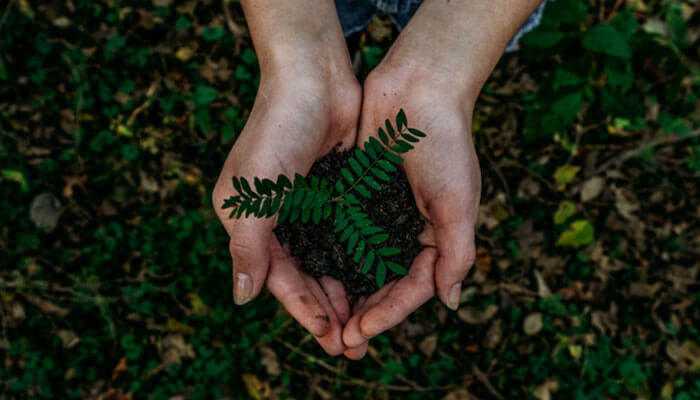Garbage Waste collectors provide waste pickup and removal services in residential neighborhoods, public parks, and commercial business centers. They operate garbage trucks fitted with hydraulic lifting equipment in order to affix containers filled with trash, recycling, or yard waste to the truck’s lifts for pickup.
Waste collection services can assist companies with minimizing their environmental footprint. For instance, by eliminating chemical disposal that pollutes waterways and soil.
Recycling
If you are looking to reduce your environmental impact, you should know that recycling services offer many solutions. From hazardous waste removal and pickup services, to junk removal and recycling for household rubbish collection as well as electronic waste and chemical cleanup – recycling can provide an ideal alternative to polluted landfills that often pose fire risks.
The Australian waste management industry employs 32,737 people directly. Its growth is propelled by rising household waste volumes that are expected to increase by 1.5% over five years due to growing population numbers and higher disposable income levels.
As part of its approach towards sustainability and resource recovery infrastructure investment, the waste industry aims at reducing amounts sent directly to landfills as well as encouraging sustainable living practices while investing in recycling infrastructures.
Household waste management is an important role of local governments across Australia, with 537 councils responsible for collecting, processing, and delivering waste services to their residents. They must also run educational programs about waste issues as well as prevent illegal dumping practices and ensure compliance with waste bylaws.
Regional governments face numerous difficulties when it comes to providing sustainable waste management outcomes, such as reducing landfill usage and increasing resource recovery. You can click here to learn more about landfills.
The difficulty is compounded by competing for limited budgets – funds collected for waste management may need to be diverted toward other council services instead. In addition, they face increasing pressure to deliver cost-effective services that meet residents’ expectations.
Local governments must ensure their waste management systems are cost-effective and consistent and are capable of providing quality services at scale. Achieving this goal requires strong collaboration among all levels of government – particularly to identify policy levers that will bring positive outcomes in waste management as well as ensure an integrated approach to OFMSW management.
To achieve these objectives, governments must first develop a solid social license to operate in the waste management sector. This involves engaging with communities to increase understanding and trust among them about initiatives and infrastructure related to waste.
Hazardous Waste
Businesses producing hazardous waste must take extra steps to dispose of it safely, such as segregating it from other types of trash and placing it into dedicated containers for proper disposal.
Furthermore, it should be stored securely to limit access. Failing this, hazardous waste can contaminate other waste streams and harm the environment if improperly separated.
Hazardous waste refers to any substance that presents an unreasonable risk to human health or the environment, whether liquids or solids; toxic, ignitable, or reactive in nature. Waste with these characteristics is typically subject to local legislation; mercury in thermometers and lead in paints are two examples.
Toxic wastes become hazardous when they contaminate other wastes or soil and water supplies. Their presence poses risks to human and animal health alike. Their toxic potential is determined by the Toxicity Characteristic Leaching Procedure.
When mixed with regular trash, hazardous materials can cause serious injury to anyone handling them, endangering plant and animal life alike. Furthermore, mixing hazardous materials can result in unintended injuries or fatalities; to mitigate such dangers it’s critical that the best waste service be utilized. They will ensure everything is disposed of properly.
Organic Waste
Organic waste refers to materials derived from living things and includes anything originating in living cells, from residential garden and food waste, animal manures, industrial by-products, and wastewater treatment plant organic sludge.
While most organic waste ends up in landfills, some can be turned into valuable end-use products through composting, aerobic digestion, or anaerobic digestion which create valuable end products such as soil amendments or energy sources.
Household organic waste accounts for roughly one-third of Australian landfill waste and contains high concentrations of methane gas which is more damaging to the environment than carbon dioxide, as well as producing unpleasant odors. You can click the link: https://www.unep.org/methane-emissions-are-driving-climate-change to learn more.
If possible, organic waste should be diverted from landfills by either composting it or recycling it locally – many waste collectors offer these services at a fee which often proves more economical than disposing of it directly in landfills.
To reduce waste, households should follow the guidelines set by their waste hauler for sorting their rubbish. In many areas, this typically includes providing separate bins for organic and recyclable waste; additionally, households should check with their waste hauler regarding what items can be placed into each organic bin as requirements may vary by location.
Governments in some regions have instituted incentives for people who choose alternative waste management services, such as curbside organic collection programs. Individuals pay fees to participate in such waste reduction initiatives.
Although such incentives can encourage individuals to change their waste-management habits, they cannot replace a shift away from an inorganic to a more sustainable economy globally.
Local governments face special difficulties when it comes to implementing waste reduction initiatives. Their smaller population bases, reduced economies of scale in waste collection contracts and fleets, and higher transport costs all pose significant issues.
These can be compounded by limited resources available for waste prevention and recycling programs, especially those located in rural and remote regions where staff, time, and budget constraints often create competing demands.
Commercial Waste
As part of running a business, creating commercial waste is inevitable. From empty soda cans and retail packaging that new products arrive in to old office furniture and IT equipment, businesses produce waste that must be properly disposed of if it is to protect the environment and conserve natural resources.
There are ways you can reduce commercial waste to improve sustainability though; such as recycling programs, reducing packaging, and using green waste disposal services to help minimize it further.
No matter the size or nature of your business, hiring a professional waste collector to manage its trash can be beneficial. From recycling services to removal and disposal of hazardous materials, reliable collectors will ensure that waste is disposed of according to law and appropriately.
Commercial waste can often be misunderstood; in essence, it refers to any material produced on the premises of a commercial company and usually does not fall within domestic waste collections – yet businesses still must dispose of this form of trash responsibly as per legal mandate.
A reliable commercial waste management service should offer a selection of bins, from wheelie bins and skip bins, at competitive rates. Rental or per-tonne pricing arrangements should also be available – but in either case, you should receive high-quality waste removal services at competitive prices.
Waste management businesses are an indispensable component of the economy and play an essential role in maintaining environmental standards while improving efficiency. Operating across various sectors such as agriculture, manufacturing, and construction, their contribution in Australia totals more than $8 billion to our economy regulated by state and territory governments with different laws and licensing requirements for operation.
E-Waste Removal
Technology’s rapid advances and our disposable income have resulted in an abundance of electronic waste, or “e-waste”. Unfortunately, many unwanted gadgets end up in landfill sites if they aren’t recycled properly.
E-waste contains hazardous substances like mercury, cadmium, and lead that are hazardous to both people and the environment. Leach-out from these devices can contaminate local soil and water supplies around landfill sites – potentially harming local communities as well as wildlife populations.
Therefore, recycling e-waste is of great significance. Many large electronics manufacturers now provide an option to recycle products when you purchase new ones; by doing this, they can recover valuable resources that can then be reutilized in making future devices as well as reduce mining and manufacturing activities that are resource-intensive and environmentally hazardous.
A team of specially trained individuals is assigned the task of collecting and processing e-waste.
After shredding it into smaller pieces to remove foreign objects and non-recyclable metals, magnets are then used to sort non-metallic from metallic components; then metallic fractions can be sold off for recycling while non-metallic parts will be sent on for pellet production if applicable.



